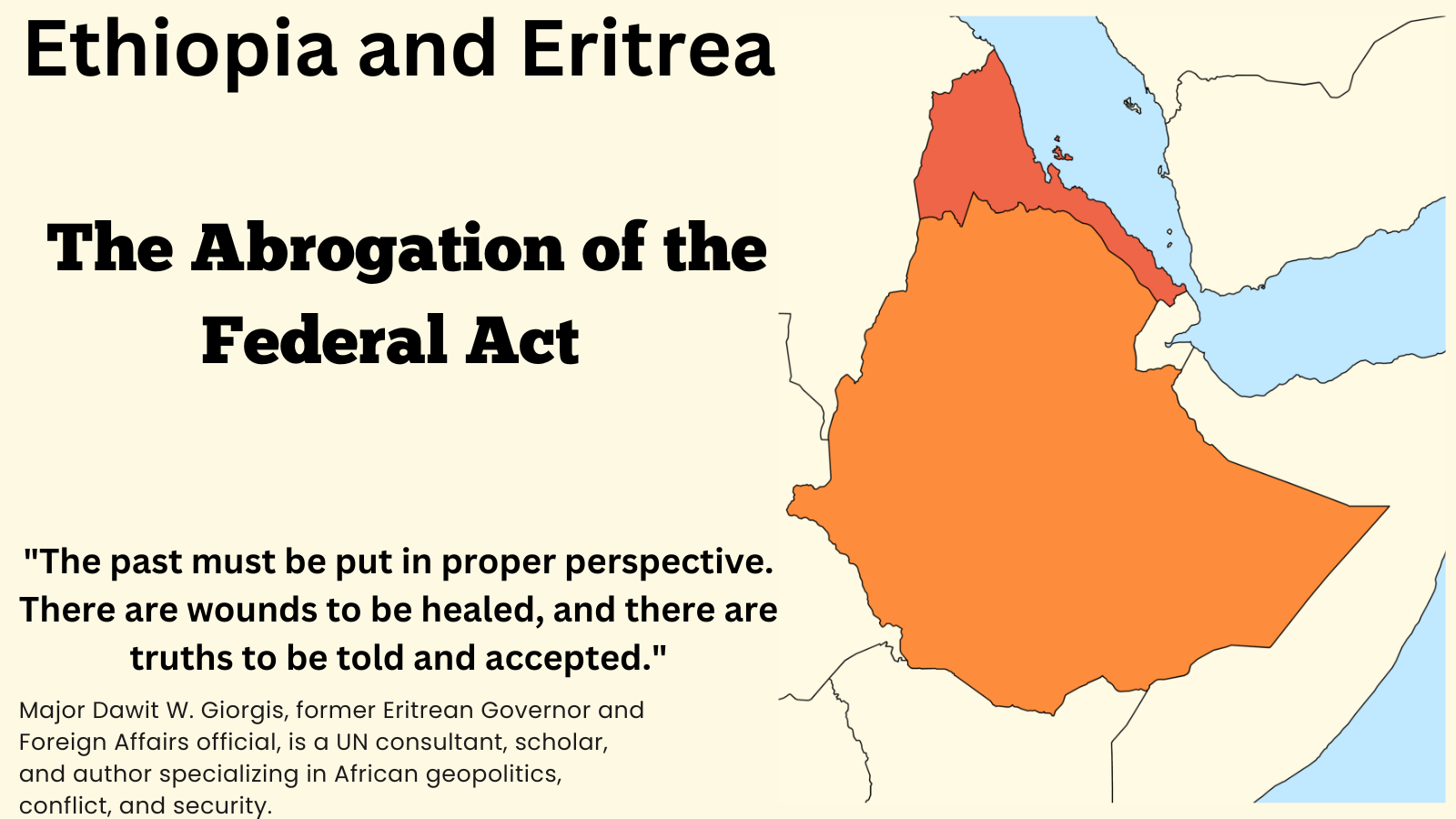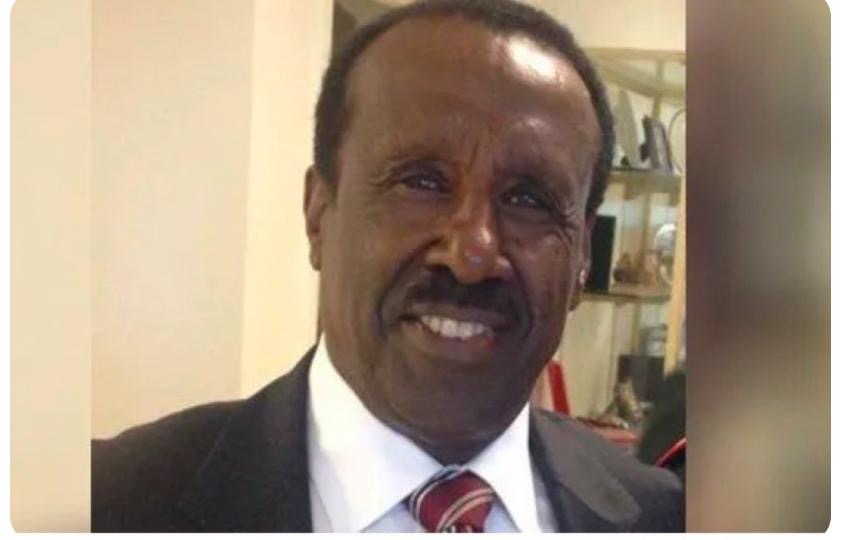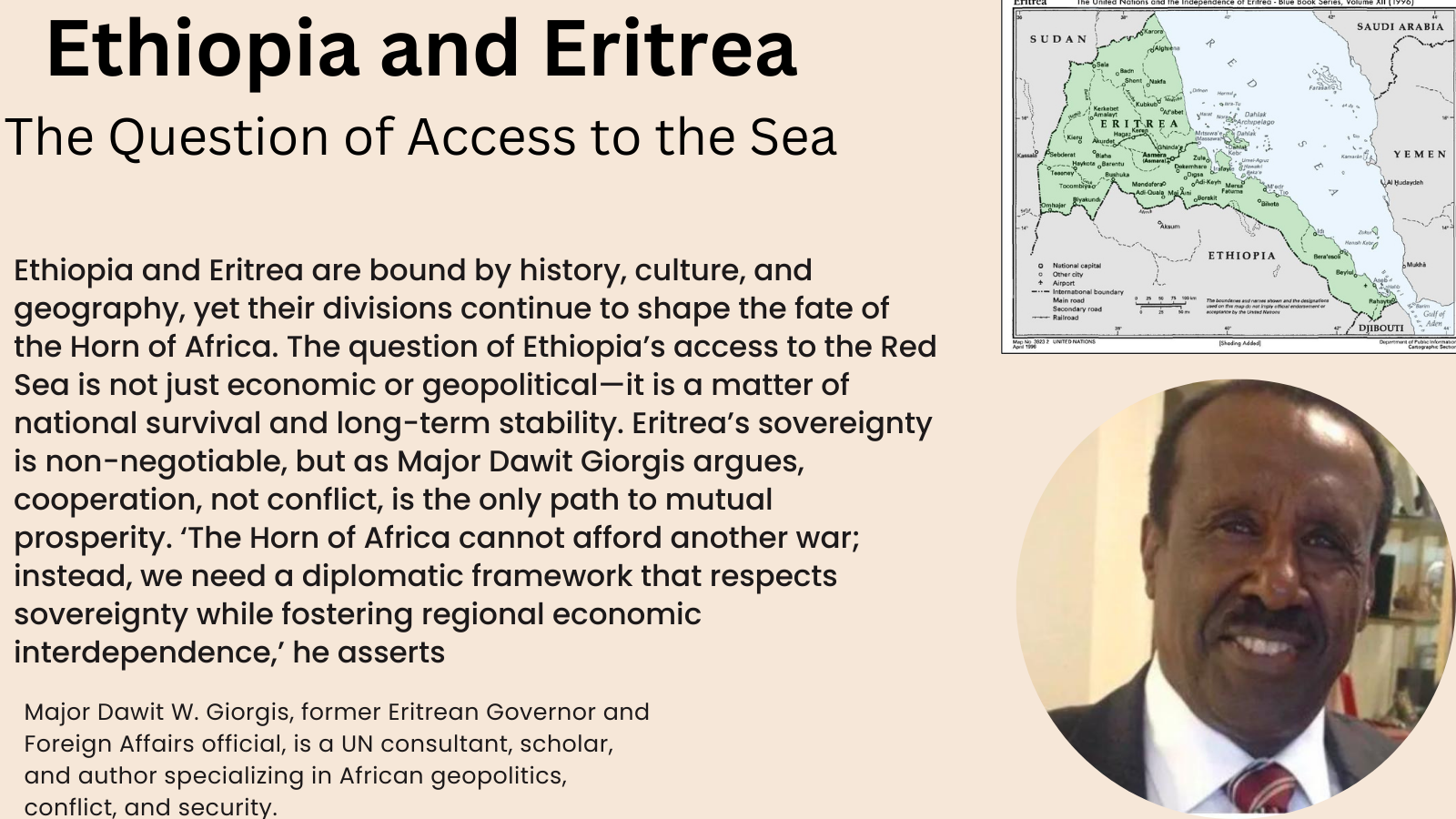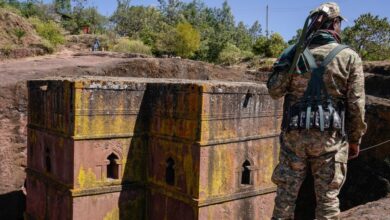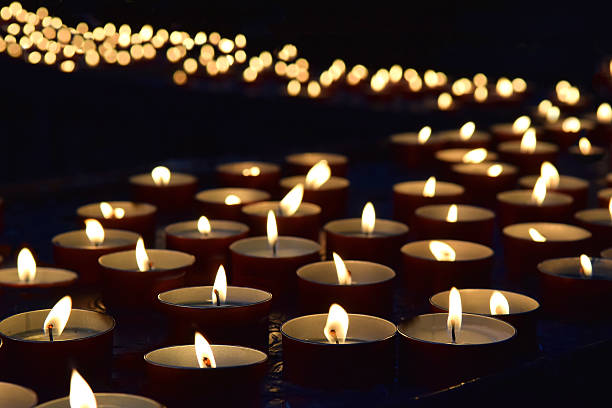
June 18, 2022, the Tole Massacre, is a day that is deeply etched in the memories of Amhara residents of Gimbi woreda in the West Wolega zone of the Oromia region of Ethiopia. On this fateful day several hundreds if not nearly a thousand ethnic Amharas in and around the village of Tole were subjected to unbridled brutality, survivors say was committed by OLA(Oromo Liberation Army).
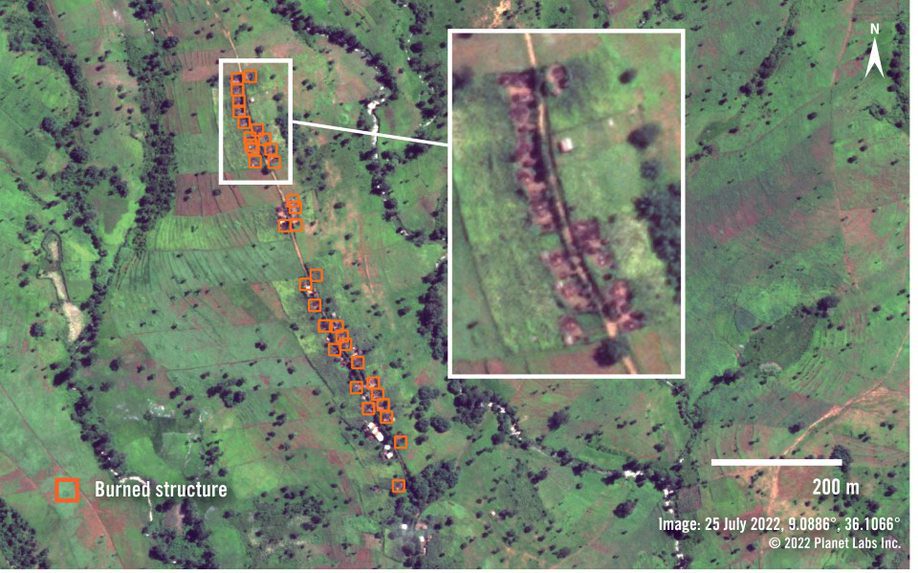
The attack began in the morning hours after the male adult members of the community had left to tend on farms or taking care of other businesses.
According to witnesses who happened to be in Tole or on the outskirts of the area said, a gun shot was heard signaling the beginning of the attack. No one was spared including defenseless women and children. Victims were shot in sight. The entire village set a blaze. Some hacked to death by a machete type of weapon locally called banga. The attack went on into the late evening hours.
Though government security personnels were alerted during the unfolding attack, they failed to respond in a timely manner. This has been a pattern in similar past attacks, they had also acted indifferently, leading many to suspect their deep involvement in such massacres.
The Aftermath
In the days following the massacre, survivors recounted harrowing tales of the brutality they witnessed, providing firsthand accounts that underscored the severity of the atrocity.
A survivor by the name of Husain, a 64 year old farmer who barely escaped the attack to a nearby forest stated how an entire 22 members of his family were wiped out that day.
Another victim by the name of Jamila witnessed her husband’s throat slit and herself shot but survived by pretending dead among 6 more dead bodies around her. These testimonies catalyzed a wave of condemnation from nations and human right advocates worldwide. Despite mounting diplomatic pressures for a thorough investigation, no tangible results have been achieved to date.
The quest for justice continues
Despite extensive efforts by human rights organizations, the journey toward holding perpetrators accountable has faced numerous obstacles. The complex nature of politics in the country, lack of cooperation from local authorities, and insufficient evidence gathering have all contributed to sluggish progress. Additionally, some perpetrators are shielded by powerful allies in the security structure, further complicating efforts to bring them to justice.
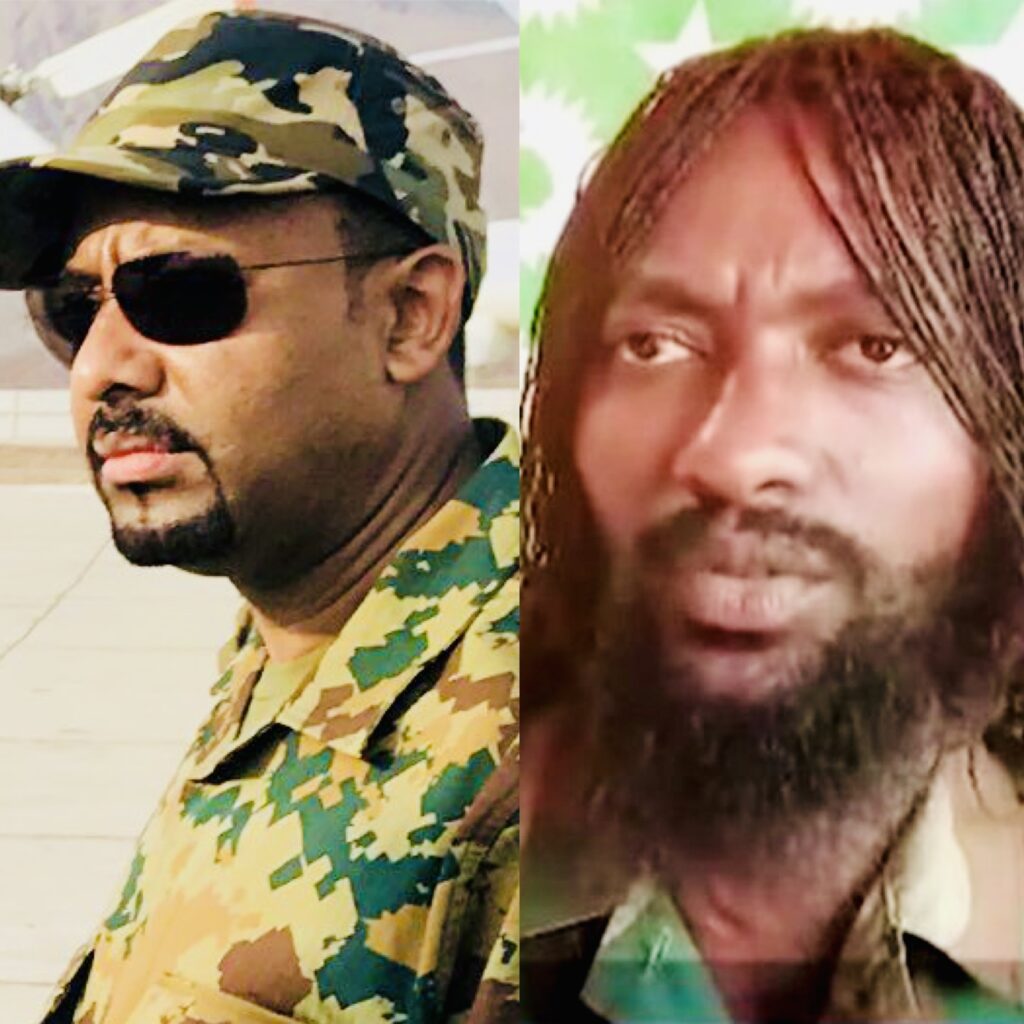
The international community continues to call for stronger measures, emphasizing the need for impartial investigations and the enforcement of international legal standards. Nevertheless, achieving justice for the victims remains a daunting challenge, requiring sustained global commitment and cooperation.
Human rights organizations and local advocacy groups have tirelessly worked to document the events, gather testimonies, and provide support to the survivors. The trauma inflicted on the community remains profound, with many still grappling with the loss of loved ones and the destruction of their homes and livelihoods. These organizations play a crucial role in ensuring that the voices of the affected are heard and that justice is pursued. Despite the challenges, their efforts continue to be a beacon of hope and resilience for the community.
Commemorating the Victims
This week, as we remember the victims of the Tole Massacre, it is essential to honor their memory by renewing our commitment to peace, justice, and reconciliation. Vigils, memorial services, and advocacy campaigns are being held to pay tribute to those who perished and to stand in solidarity with the survivors. These events serve as a solemn reminder of the atrocities that occurred and underscore the importance of striving for a world where such tragedies are prevented. By coming together in remembrance, we reinforce our collective resolve to promote healing, uphold human rights, and foster an enduring peace.
Moving Forward
The road to healing and justice is long, but the resilience and strength of the Tole community inspire hope. By remembering the past and working together, we can honor the victims and ensure that their suffering was not in vain. The international community must continue to support Ethiopia in its efforts to achieve lasting peace and security for all its people. As we mark the second anniversary of the Tole Massacre, let us pledge to stand against ethnic violence and uphold the principles of human rights and dignity for all.
ባህታዊው This byline is used for anonymous contributors. Authors may choose to remain anonymous to avoid potential repercussions, whether due to a lack of authorization from the government , personal safety concerns, or fear of prosecution related to their ethnicity.
EAR Editorial Note : This is the author’s viewpoint and Views in the article do not necessarily reflect the views of EAR

